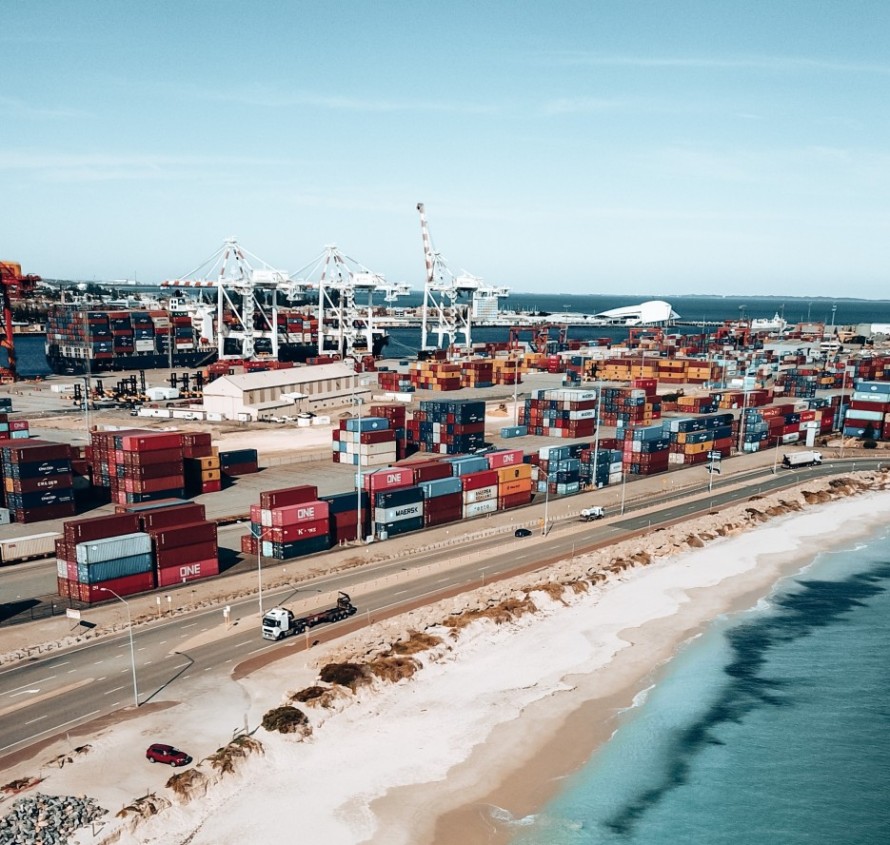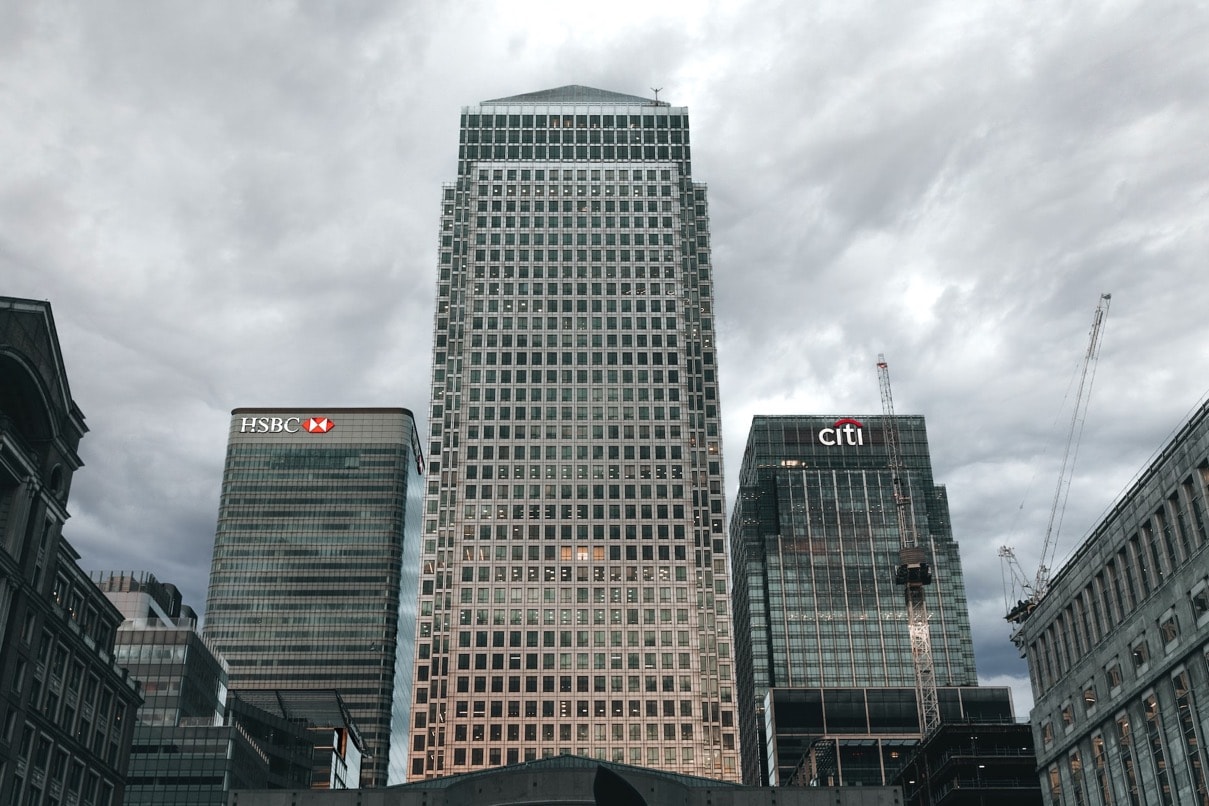
The Bank of England this week raised interest rates to 3%, the highest increase since 1989, with warnings that a prolonged recession is now expected.
Despite the somber warnings from economists, Britain’s current economic fundamentals remain good. This is due to its near 40-year low unemployment level, and demand outstripping supply, where there is now a worker shortage.
In 2021 and 2022, Britain’s economy was forecast as the fastest growing advanced economy in the G7 by the IMF. While a slowdown has been felt in the second half of 2022, the UK’s highly skilled and flexible labour market make it a top destination for foreign investment in Europe.
In fact, Britain has been leading the way in several industries including vaccines, space and fintech. Also, a global financial hub, Britain’s place on the world economic stage supports its longterm growth prospects as it navigates economic headwinds.
Following the negative market reaction to previous Chancellor Kwasi Kwarteng’s mini budget, a spectacular U-turn and the subsequent departure of PM Liz Truss, new economic policy has restored confidence.
While Britain faces difficult months ahead due to high energy costs and increased inflation, it is not alone in its struggle, with many countries around the world experiencing double digit inflation following the pandemic.
Recent data revealed this week by the European Union also showed a stark picture on inflation, with countries like Germany and Italy recording higher than expected figures. European countries affected by the war in Ukraine, particularly those in the Eastern bloc, are also experiencing inflationary pressures of 20% and above.
Markets will be awaiting Britain’s next major fiscal event – the budget announcement by new Chancellor Jeremy Hunt on November 17th. Tax rises and a freezing of income tax brackets are set to form part of a cost-cutting budget to keep Britain on a sustainable, financial path.
Source: Britain Daily









